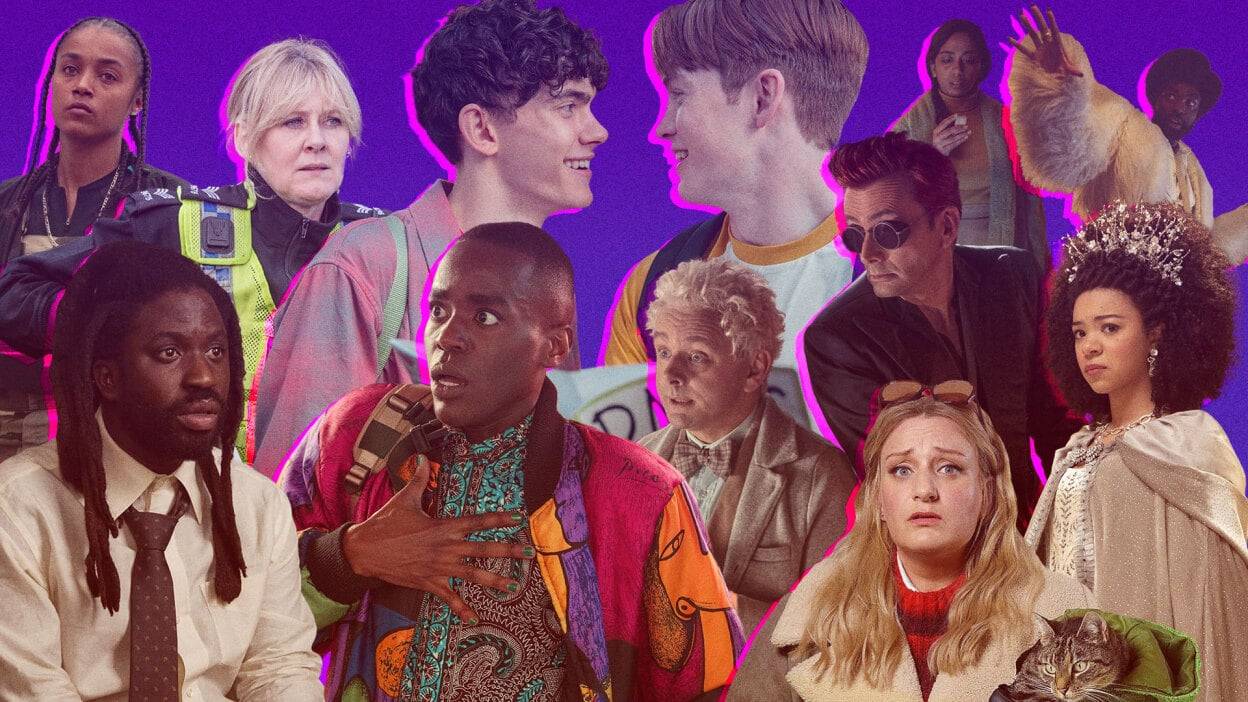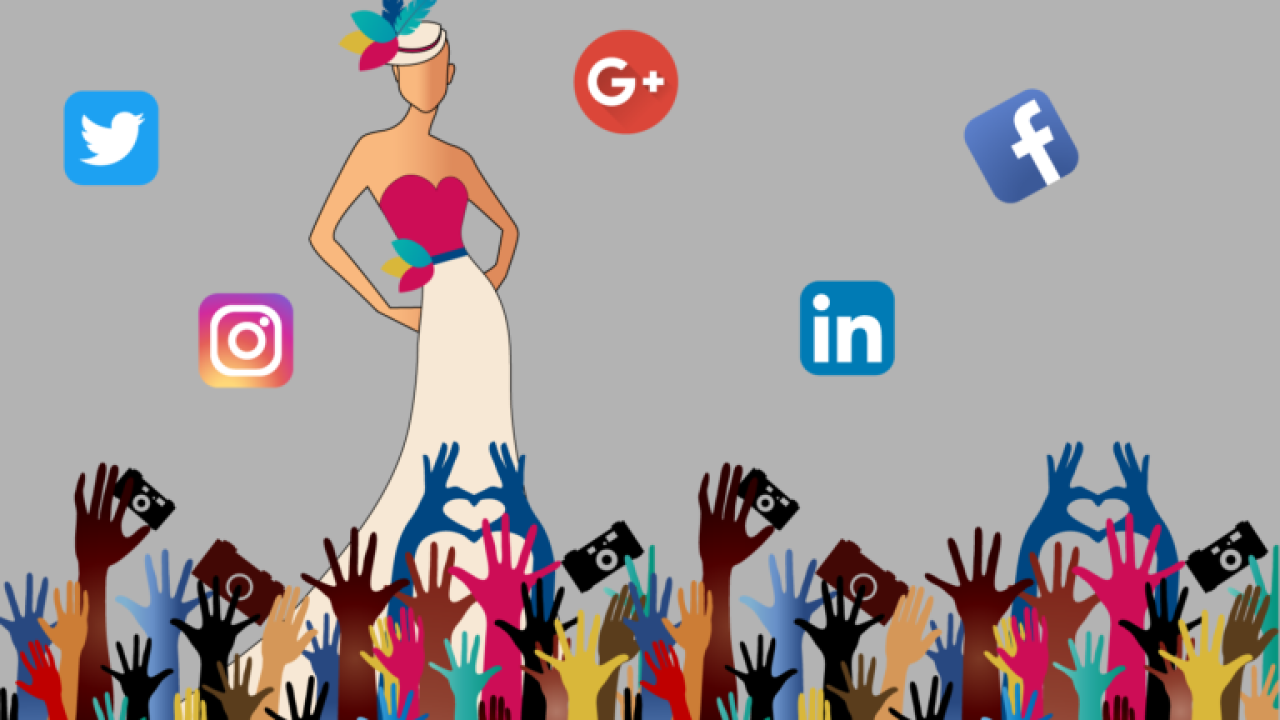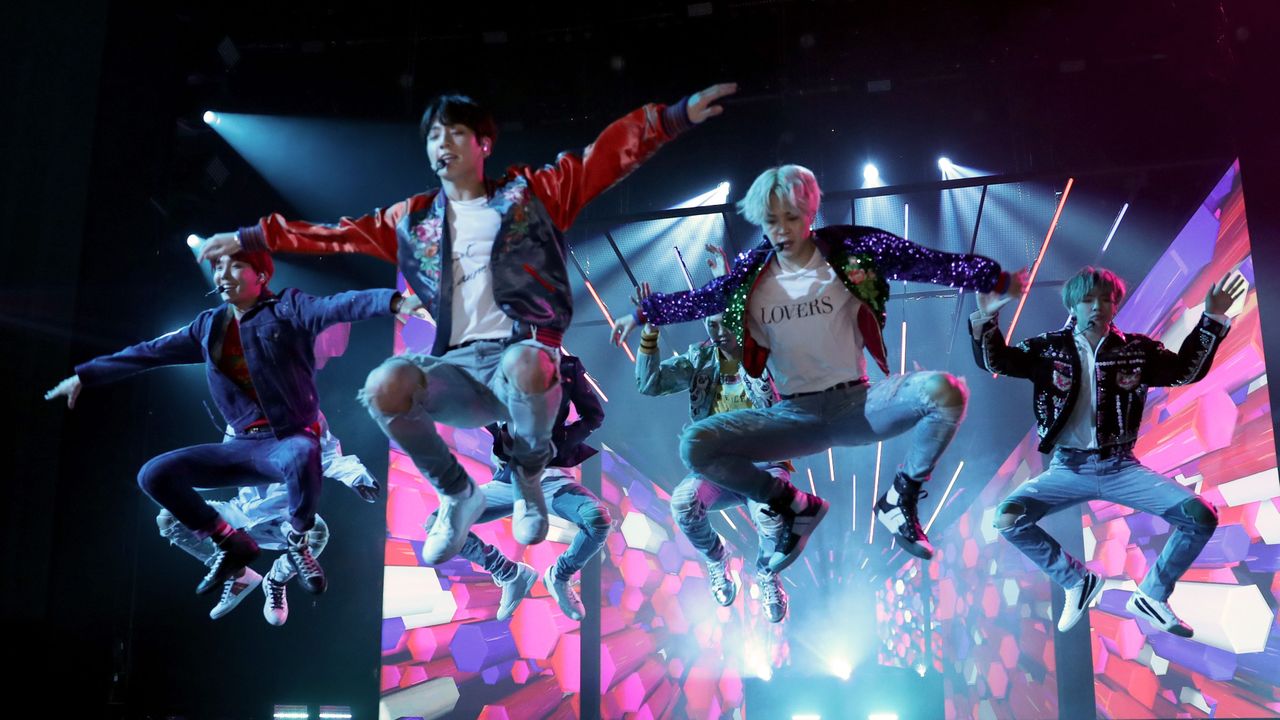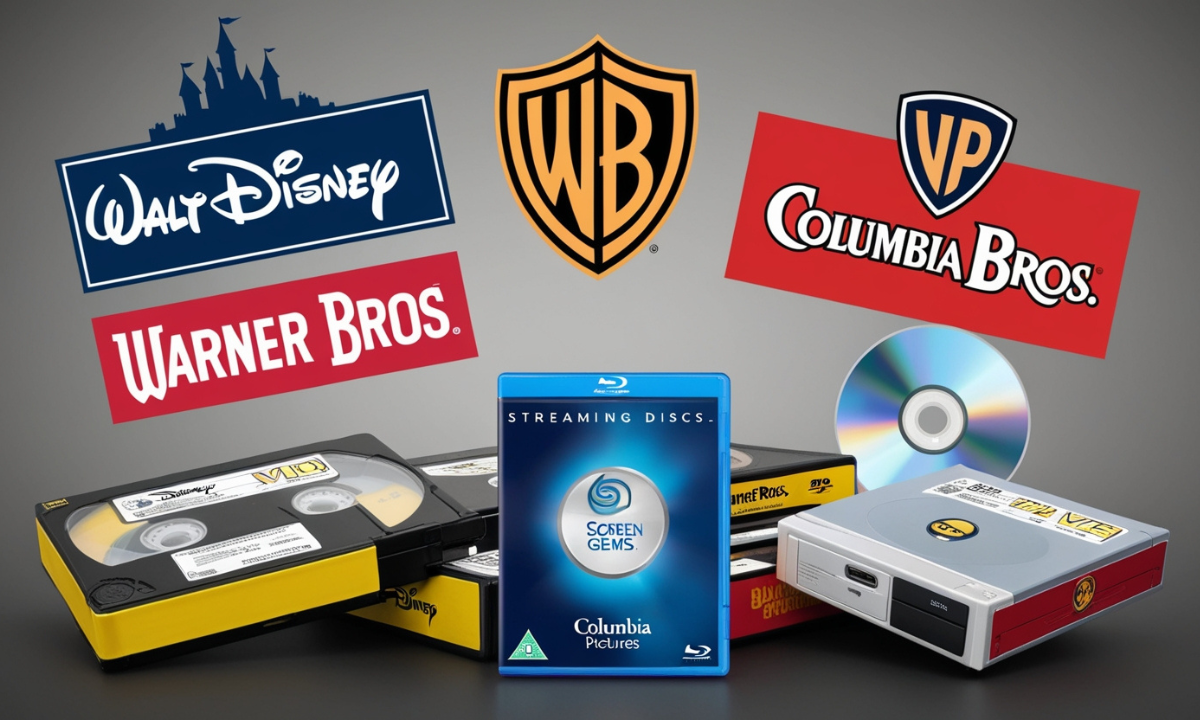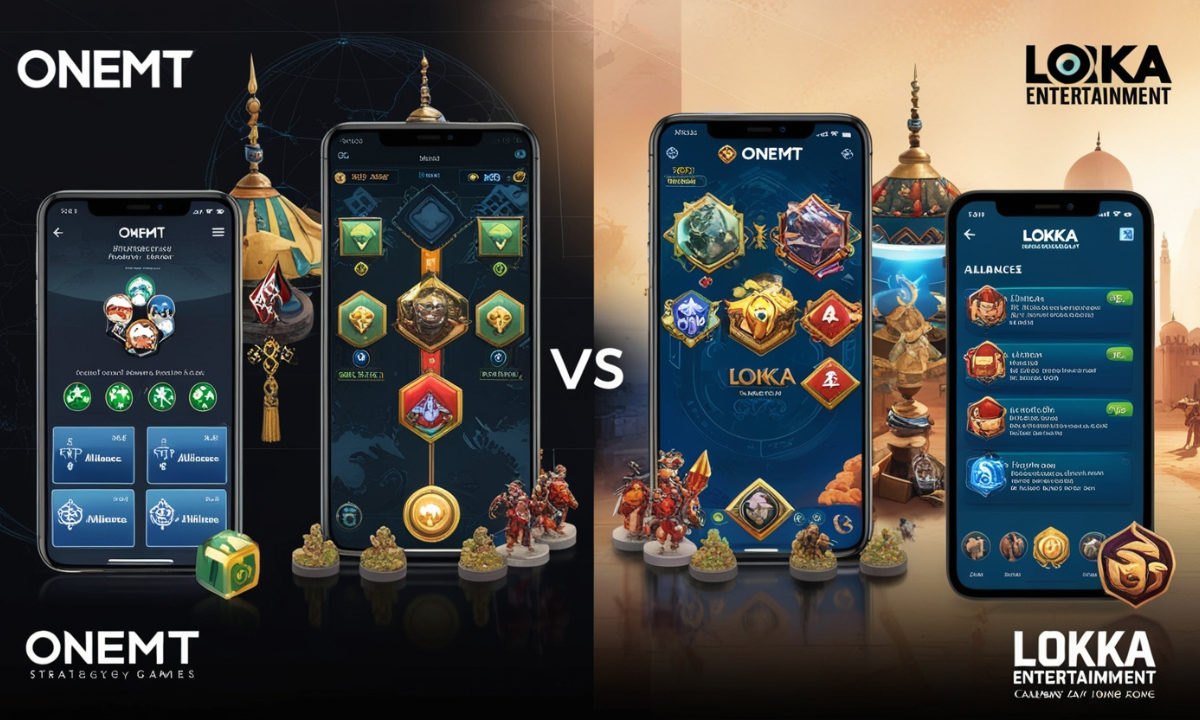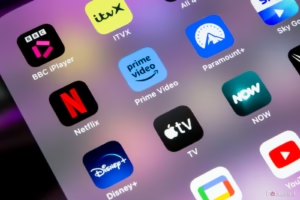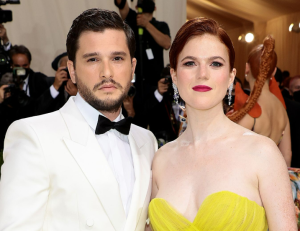Introduction: When Television Became More Than Entertainment
Top 10 TV Shows That Changed Pop Culture Forever. Television has always had the power to entertain — but some shows go beyond that. They leave a lasting mark on culture, influence fashion, create language trends, and even shift global perceptions. These shows become more than just weekly episodes — they evolve into pop culture icons. From shaping entire generations to launching massive fan communities, certain TV shows have changed the game in every way possible. In this article, we’ll look at the Top 10 TV shows that had a lasting impact on global pop culture — not just during their run, but for years after.
1. Friends (1994–2004)
Few shows have defined a generation like Friends. What began as a sitcom about six pals in New York became a global phenomenon. From “We were on a break!” to “How you doin’?”, the show introduced phrases that people still use today. It also set fashion trends (hello, “The Rachel” haircut) and redefined the sitcom format with its sharp dialogue, relatable characters, and real-life themes like relationships, careers, and growing up. What makes Friends timeless is its accessibility — every generation rediscovers it, especially now with streaming platforms. It’s more than a show; it’s a pop culture ritual.
2. The Simpsons (1989–Present)
As the longest-running American sitcom, The Simpsons is more than just an animated series — it’s a cultural archive. Satirical, sharp, and socially aware, it has influenced everything from political discourse to internet memes. Its characters, like Homer, Bart, and Lisa, have become symbolic figures. The show also predicted many world events, adding to its mythical status in pop culture. With countless celebrity guest appearances and references to real-world happenings, The Simpsons blurred the line between entertainment and commentary.
3. Game of Thrones (2011–2019)
Few shows have dominated global conversation like Game of Thrones. Based on George R.R. Martin’s books, it redefined fantasy on screen. With its massive budget, complex characters, and shocking twists, the show attracted a fan base that spanned continents. Terms like “Winter is Coming” and “You know nothing, Jon Snow” became memes and marketing slogans. Despite its controversial final season, Game of Thrones changed what was possible on TV in terms of storytelling scale and cinematic quality. It also gave rise to fan theories, watch parties, podcasts, and spin-off discussions — transforming passive viewers into an active pop culture community.
4. Breaking Bad (2008–2013)
Breaking Bad didn’t just entertain — it redefined what television could be as an art form. With its deep moral questions, phenomenal acting, and slow-burn storytelling, it turned anti-hero Walter White into one of TV’s most iconic characters. The show’s meticulous detail, symbolism, and character development elevated it to near-literary status. Its influence led to a rise in dark, character-driven dramas and inspired numerous think pieces, academic discussions, and spin-offs (like Better Call Saul).Walter White’s transformation from a meek chemistry teacher to a drug lord became one of the most referenced journeys in modern pop culture.
5. Stranger Things (2016–Present)
Nostalgia met innovation with Stranger Things, a show that revived 80s culture for a new generation. With references to classic horror, sci-fi, and adventure films, it bridged generational gaps and created a massive pop culture impact almost instantly. The show’s young cast became overnight stars. Its theme music, visual aesthetics, and outfits sparked trends in music, fashion, and even Halloween costumes. Stranger Things also showed how streaming platforms like Netflix could produce content with global reach and mainstream influence.
6. The Oprah Winfrey Show (1986–2011)
Not your typical TV show — The Oprah Winfrey Show was a cultural movement. For over two decades, Oprah brought important issues to living rooms across America and the world. From discussing trauma to giving away cars to launching books into bestsellers, Oprah shaped societal conversations like no other talk show host. She influenced public opinion, political choices, and consumer habits. Her interviews became must-watch TV. Oprah’s ability to humanize every topic — whether personal, political, or spiritual — redefined what a daytime TV show could achieve.
7. The Office (US) (2005–2013)
Though it started with a lukewarm response, The Office quickly became a cult classic, especially among millennials and Gen Z. Its mockumentary format, awkward humor, and relatable workplace dynamics turned it into one of the most-streamed shows globally. Michael Scott, Jim, Pam, Dwight — these aren’t just characters; they’re part of online meme culture. The Office has been dissected in YouTube essays, quoted endlessly on social media, and still influences how comedy is written today. Its comfort-watch value helped it surge in popularity during the pandemic, proving its timeless appeal.
8. I Love Lucy (1951–1957)
Before binge-watching and HD, there was I Love Lucy. As one of the first major American sitcoms, it set the foundation for what we now expect from television comedy. Lucille Ball’s groundbreaking performance broke barriers for women in entertainment and set the standard for sitcom humor. The show’s innovative use of a three-camera setup and live audience recordings became the industry norm. Its humor still resonates, and its historical significance is unparalleled. I Love Lucy paved the way for every sitcom that followed.
9. The Fresh Prince of Bel-Air (1990–1996)
Before Will Smith became a global superstar, he was the “Fresh Prince.” This sitcom gave us laughs, but it also tackled serious topics — race, class, and identity — without ever losing its charm. The theme song alone became an anthem of the 90s. The show’s impact on fashion, slang, and youth culture cannot be overstated. It also offered one of TV’s most emotional moments with Will’s heartfelt scene about his father — a scene that remains viral and relevant even today.
10. Seinfeld (1989–1998)
Often called “a show about nothing,” Seinfeld was actually about everything — daily life, quirks, neuroses, and the oddities of modern society. It revolutionized sitcoms with its observational humor and rule-breaking storytelling. Jerry, George, Elaine, and Kramer became household names. The show’s impact on comedy writing and character-based humor still influences today’s content creators. Its re-runs remain popular, and its streaming deals prove that Seinfeld’s legacy is built to last.
Conclusion: The Shows That Shaped Us
These ten TV shows didn’t just entertain millions — they reshaped culture, influenced global conversations, and opened the doors for future creators to push boundaries. Whether by sparking movements, launching careers, or rewriting television rules, they became pop culture milestones. As streaming platforms, global fandoms, and social media continue to evolve, one thing remains constant: great TV has the power to influence the world far beyond the screen.


